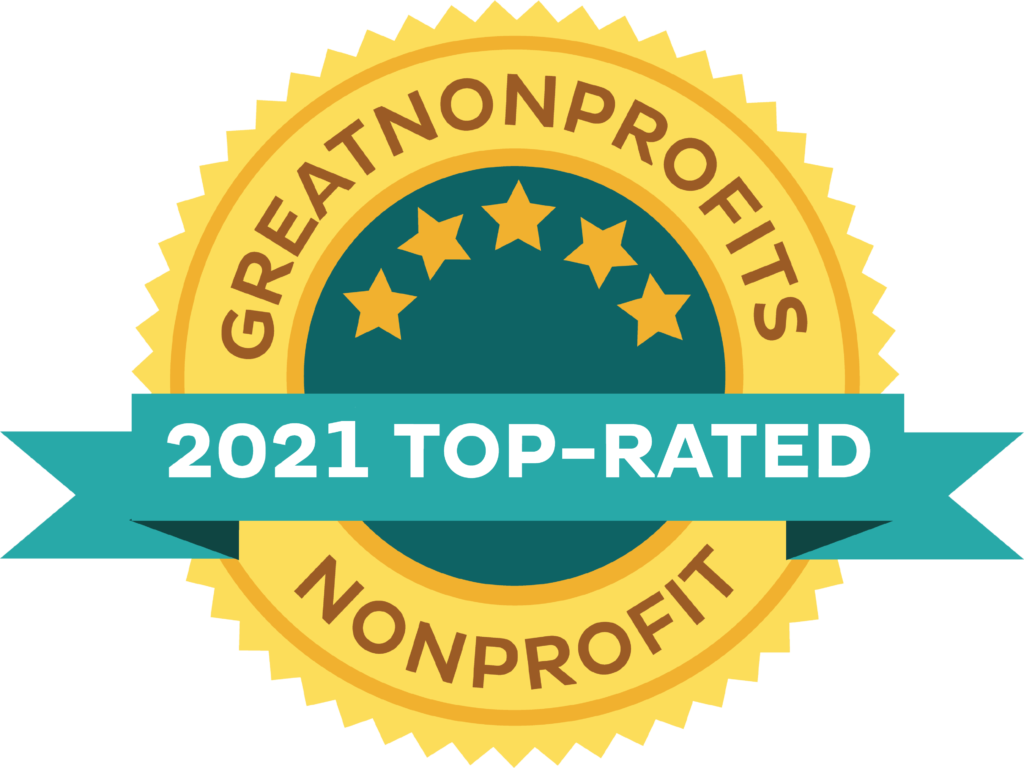FVAP successfully defended against an appeal for our client. Our client filed for divorce and default orders were granted in her favor when the opposing party (OP) did not respond. Five months later, OP filed a motion to vacate the orders, arguing that he didn’t respond to the divorce petition because of “excusable neglect”. He also argued that the parenting plan entered was not in the child’s best interests because it includes a finding of domestic violence against him, despite our client’s earlier petition for a domestic violence order being denied. The trial court denied OP’s motion to vacate and upheld the default orders which OP then appealed.
The Court of Appeals ruled in our favor and affirmed the trial court’s decision. The Court agreed with the trial court’s statement that, “just because a petition for a domestic violence protection order is not granted, does not mean domestic violence did not in fact occur”. This is impactful because it gets rid of the assumption that a survivor must have a domestic violence protection order to successfully request a domestic violence finding against their abuser in a parenting plan. The Court also agreed that a party’s belief that it would be “reasonable” not to respond to the divorce petition and belief that our client “acted in bad faith” are not mistakes or “excusable neglect” are enough to vacate the default orders.
FVAP would like to thank our co-counsel, Adrian Urquhart Winder at Foster Garvey PC for dedicating her time and effort to partner with us on this matter.


